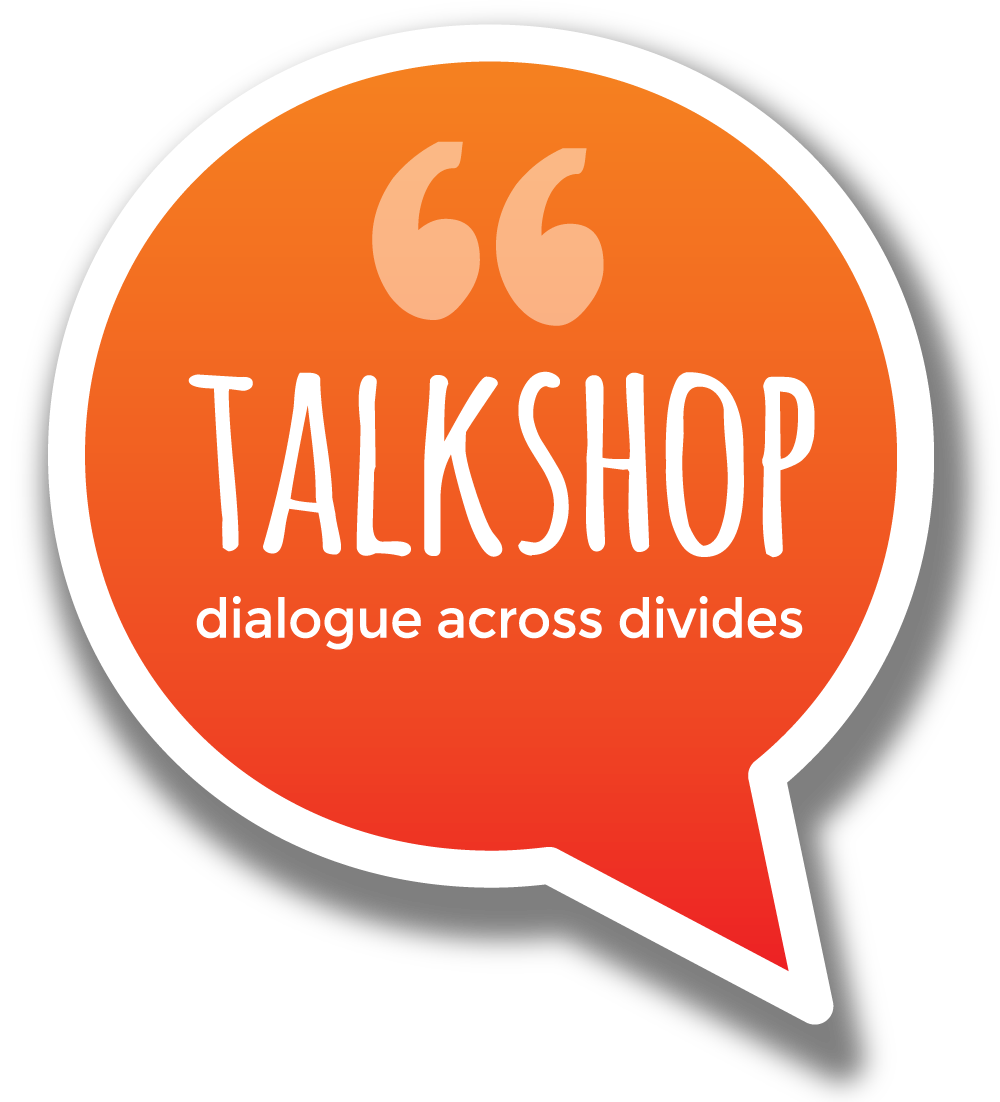Martin Yarnit writes:
Citizens’ assemblies and other forms of deliberative democracy are vital to the renewal of representative democracy but so is a new relationship between MPs and the people who elect them. As the newly elected Labour MP for Sheffield Central in 2010, in a highly marginal seat and with the MPs’ expenses scandal still fresh in voters’ minds, Paul Blomfield saw the need for a new approach, as he explained to me in a zoom interview. An early commitment to finding out about his constituents’ concerns and acting on them evolved towards a year round exchange of views culminating in an annual Big Conversation, now in its sixth year.
The Big Conversation (TBC): What it is
‘I’m keen to hear your concerns and views all year round, but at the start of each Parliamentary year I organise around 40 open meetings, café and pub drop-ins, street surgeries and other events across the constituency. In addition, volunteers deliver 40,000 surveys to every household, and it’s available online, to give everyone the chance to have your say.’ The aim from the start, as this introduction to the Big Conversation suggests, has been to build a relationship with the electorate.
The sixth TBC ran from 13 September – 5 October 2019 involving 968 people in 37 events, along with meetings in secondary schools with 16-17 year olds. 1,051 people completed a survey about key issues in writing or online. The top issues to emerge from the survey were Brexit and climate change. The top issues raised in the meetings were Brexit, the NHS and health, climate change and the environment. A key aspect of TBC is a detailed post-event analysis published on the MP’s website, with an account of how he has dealt with the issues raised by constituents, including those raised by individuals.
Origins and evolution
Sheffield Central, the seat Paul Blomfield won for the first time in 2010, in the wake of the expenses scandal and the banking crisis, was highly marginal, with a majority of 165 over the Lib Dems. Blomfield and his team decided on a plan to engage with an electorate divided both politically and socially with a traditional, white Labour-supporting community living on an big inter-war estate, an area with a large Pakistani-heritage population, as well as a significant sprinkling of middle class and professional voters. They began a monthly e-newsletter that still goes out to about 10% of the electorate, rejected the use of set responses to issues raised by voters in favour of personalised emails, and organised Meet the MP coffee mornings.
The Big Conversation set a new pattern with a wider geographical and social span than the coffee mornings of the early years following the 2010 election, managed through a programme of meetings and events plus the introduction of door knocking. Covering the same ground as the survey questions, the aim of the exercise has been to reach out to those who did not or would not attend meetings or complete the online survey. Door knocking has encouraged more people to complete the survey but has not significantly changed the overall pattern of key issues (although it did help to raise the profile of the bedroom tax in parts of Sheffield Central).
The Big Conversation has led to conversations with constituents about policy issues that might otherwise not have come to light. One such issue was the administration of enhanced benefits for those suffering terminal illness, resulting in an intervention by Paul Blomfield that led to a change in benefits legislation to ensure prompt payment.
Labour’s majority rose significantly in 2015 and again in 2017 but in 2019 there was a 5% fall in voting share, in line with regional trends. This still left Paul with a majority of over 27,000 and a nearly 57% vote share, an impressive advance on the 2010 result that may well reflect the TBC approach to voter engagement.
Conclusions
TBC provides a broad reflection of the views of those who participate, either through the survey or through face to face events, although these don’t always point in the same direction. The NHS and health came up as a high priority in the meetings but not in the survey. What emerges, nevertheless, is a shared consensus about the key issues and what should be done about them with the MP very much in tune with constituents’ priorities. A valuable outcome of the direct encounters with constituents is the highlighting of personal issues – like enhanced terminal benefits – that do affect a section of the electorate. A key factor in public engagement is partnership in organising TBC events. ‘Meetings with a sponsor work best because they have an interest in building an audience’, observes Paul.
A major challenge for Labour is that Central constituency comprises distinct demographic components, a reality reflected in TBC outcomes on the key issue of Brexit. The referendum result for Sheffield as a whole was 51% in favour of leave but only 32.9% in Central constituency, the 47th lowest level nationally. Yet, one ward, the white predominantly working class Manor Castle ward, probably voted strongly to leave the EU, putting it at odds with the rest of the constituency.
So, TBC represents a serious effort by a sitting MP to represent constituents’ priorities but also to shape local thinking when political engagement and views vary sharply across his constituency.
